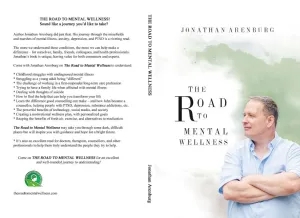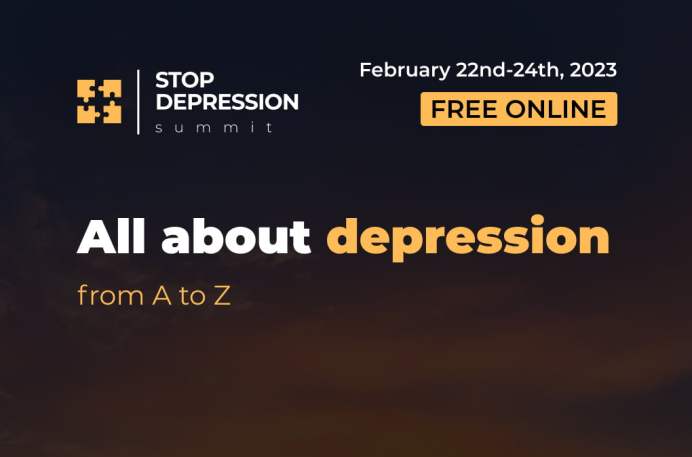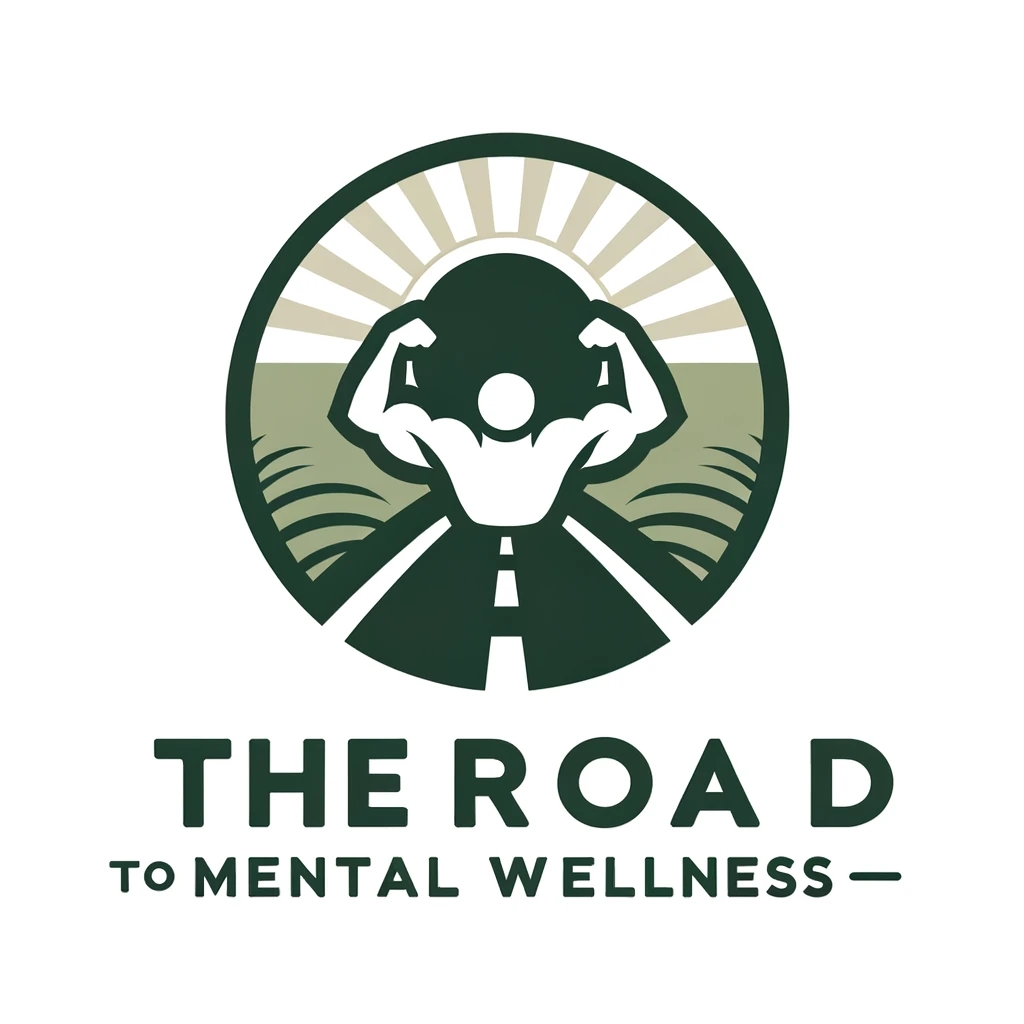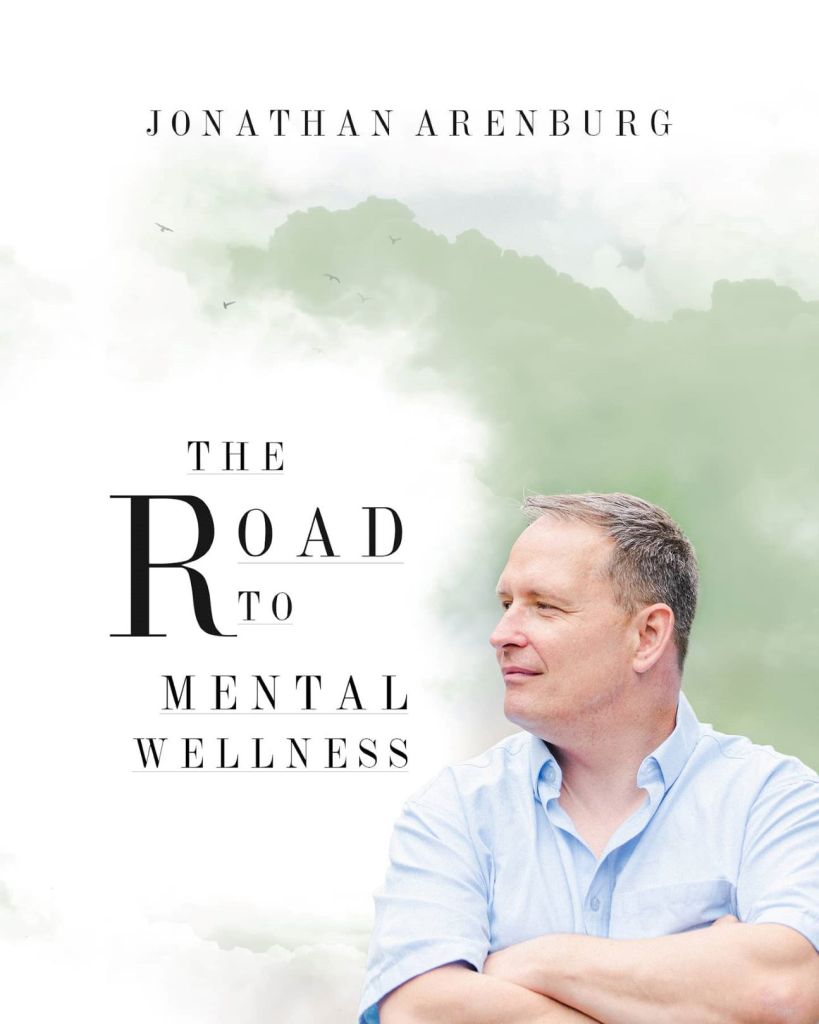Can you ‘name that emotion? – Read all about my personal journey of emotional discovery, transforming anger into emotional intelligence for improved mental health.”

Jonathan Arenburg
Jonathan Arenburg (Owner and Chief content creator for The Road To Mental Wellness) is a Canadian mental health blogger, speaker, and published author. Retired from the fire service and long-term care fields, he has written and self-published an autobiographical account of his life-long battle with anxiety, depression and more recently, post-traumatic stress disorder (PTSD).
Follow us
As a dude growing up in the 80s, feelings were not a priority. In fact, they weren’t even in the top ten of the concerns of the day. They ranked down there with the color pink and journaling. Hey, don’t hate, it was a product of the times. Of course, we know today that a color shirt is just a shirt, and journaling is one of the best tools out there for better mental health.
With all that said, feelings were not well understood. At least not in my neck of the woods. I mean if you were always being told things like, “Crying is for sissies.” or “Stop that balling!” All you learn is that being sad is somehow a bad thing – something to be ashamed of.
While I can’t speak for anyone else, I can say that my repression of hurtful emotions such as sadness, manifested themselves into anger. Even though anger isn’t as bad as we often paint it, it becomes problematic when it is the go-to emotion/reaction for every upset in life. And therein lies my problem.
Stop by my podcast #thewellnesstalks and give me a follow
When the occasions came along that required tears of pain, I boiled over, producing tears of anger instead. For one reason or another, anger became my default emotion.
I attribute this to a few things. One, I was taught from a very young age that crying was taboo. And two, because of children’s neurodevelopment, being overstimulated seemed to kick anger into high gear. As though it’s mother nature’s default position for young kids.
Regardless of its origins, it made for a very problematic childhood, teenage years, and yes, adulthood too. Well, I did enjoy a brief reprieve. It was not the last.
See, kids aren’t adults, and their brains are in development so overwhelming situations can make them cry and or act aggressively. Sadly, no pun intended, I would be one of those kids. I used anger and aggression for release. In my youth, I didn’t have the skills to understand any other way.
Fast forward to adulthood. By the time I was in my twenties, my anger had subsided, and happiness had replaced it for the most part anyway. Probably due to a few things. For One thing, I had finished my education, a college diploma in addictions counselling. What an accomplishment considering most of the adults in my life thought I’d amount to nothing.
In my early adult life, I was flying high. I got married, had two beautiful children and a wonderful job to boot. Yes, everything was going splendidly. That is until post-traumatic stress disorder (PTSD) slowly overtook my mental well-being. Then the anger came back with a vengeance.
You can learn all about my struggles with mental illness and how I Manage them by purchasing my book, The Road To Mental Wellness
I eroded into a mental mess that I knew was killing me. Luckily, I had the wherewithal to do something about it. After a drastic lifestyle change and a divorce later, I was on my road to mental wellness. While I had never wanted to upend my life or hurt my family, I saw the writing on the wall. I knew it was do or die – literally.
Even before I was diagnosed with PTSD, therapy had become a frequent part of my healing journey. I feel grateful for all the wonderful mental health professionals who have helped to save my life. I learned many things from them. But if you were to ask me what the most valuable lesson throughout all the years of therapy has been, one that has been the game changer for me? Well, it’s a little thing I like to call, name that emotion!
See, what I was missing all my life, at least up to the point where I started getting sick was the proper label. Or in other words, I needed to learn to “name that emotion.” I’m happy to report that I am finally, at 47, learning this lesson.
Firstly, I have to call attention to any given scenario that causes an undesirable response. So, for example, if I am really missing a loved one, I give myself permission to be sad – not mad. And it goes something like this:
Firstly, I ask myself:
“What kind of moment am I in?” Followed up with, “Is it a moment to be angry or an occasion to be sad?”
In the case of missing someone, I should feel sad. While this is of course, context dependent, I think for me, I have come to feel angry with people when they have made me feel lonely or do something to give me a case of the blues.
So, if I text a loved one and don’t hear back from them, the buildup of anger I’m experiencing is because I feel like I’m not important in their life and therefore, I feel sad and lonely. And therefore, I should feel sad and lonely.
Once I have understood this, I tend not to get irritated with them. For me, this is becoming a game changer because anger has no filter, and we say hurtful things. Why? Because we are hurting. but when I accept the proper emotion, I am calmer. As a result, I tend to retreat and think, and I end up expressing how I feel in a more productive way.
Need immediate Help? Go To Talk Suicide Canada
By naming that emotion, in this case, sadness, we can think clearly. Not only can we think with clarity, but we can also produce legitimate reasons why our loved one hasn’t responded. This can also have a calming effect. But perhaps best of all, it’s better for our mental health and helps strengthen relationships with loved ones as opposed to creating a rift. Sad to think that we can do real damage to our relationships over a series of misinterpreted emotions.
How to start a relationship off on the right foot.
While anger has real benefits in our lives, it can also be destructive. So, next time you have a feeling about an interaction with someone, be sure to name the emotion, think about it and resolve it as peacefully as possible.
Benefits of Anger
Need Help? Go To Our Mental Health Resources Centre


Jonathan speaking at the
Jonathan Speaking at the Stop Depression Summit
On February 23, 2023
His talk was on the ways in which you can take back your life when you have trauma and major depressive disorder
Now, you can watch Jonathan Speak at the Stop Depression Summit – FREE!
I was honored to be part of such a wonderfully resource rich summit with some of the foremost experts in the field.
Follow us



Please leave a comment and tell us what you liked about what you read.